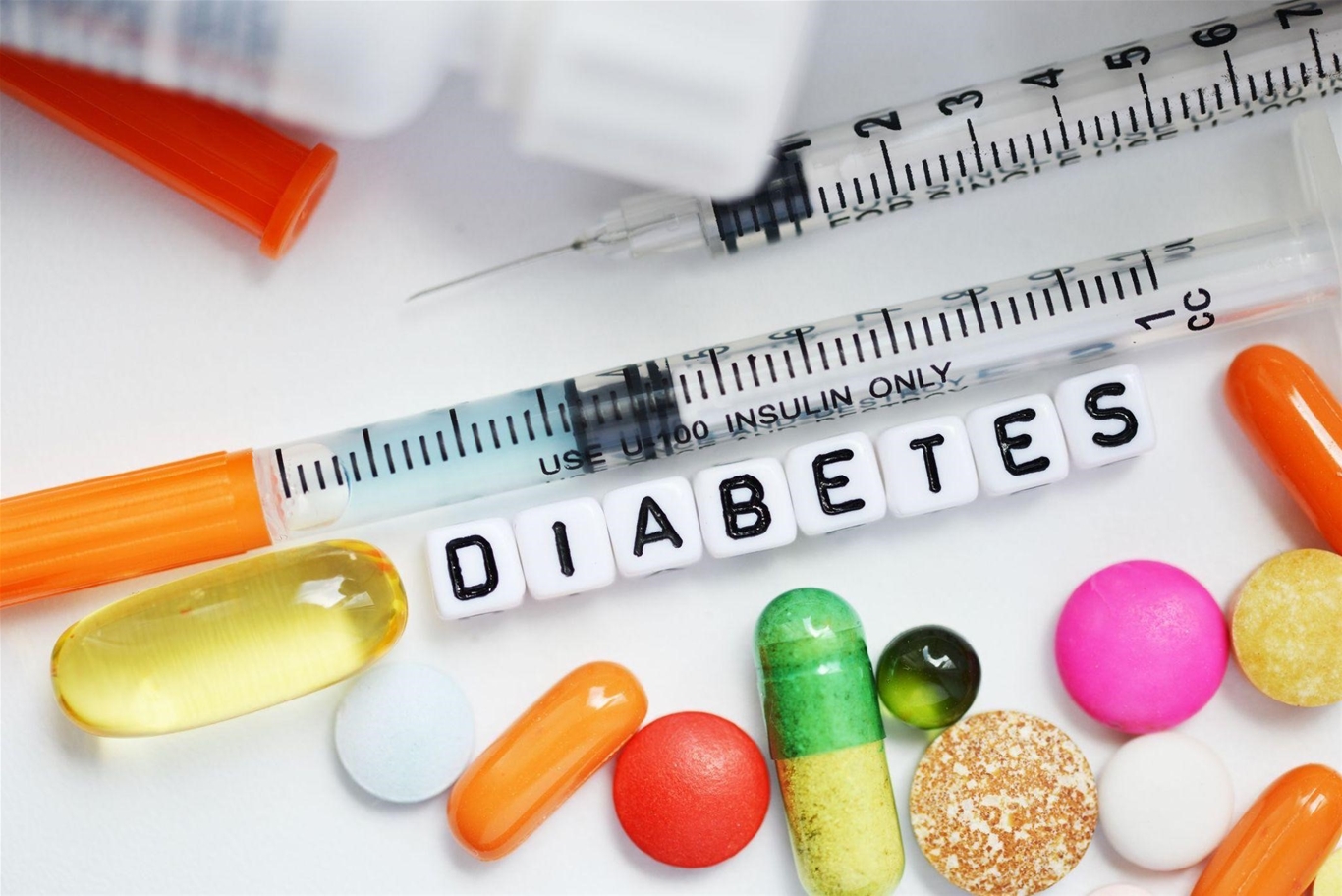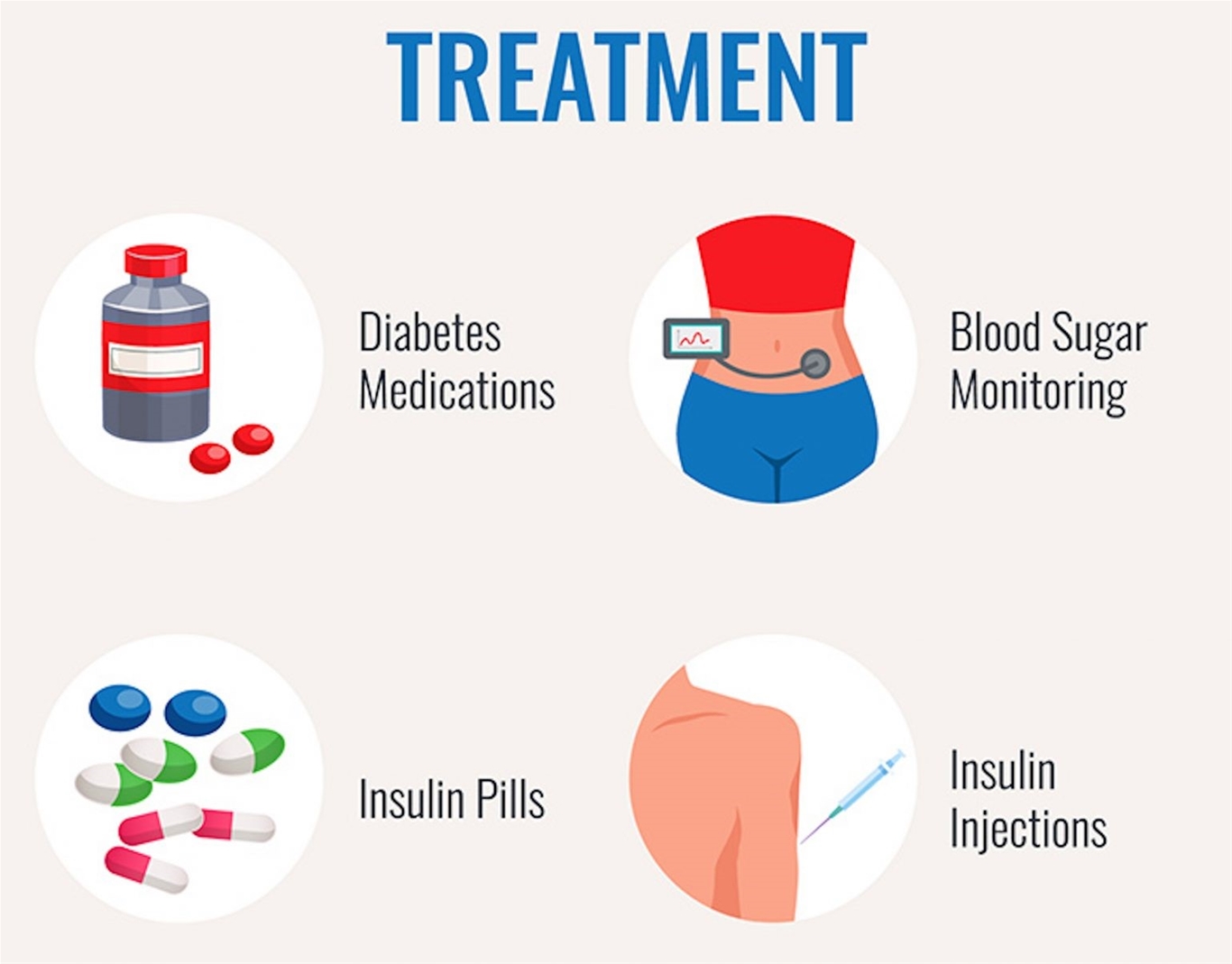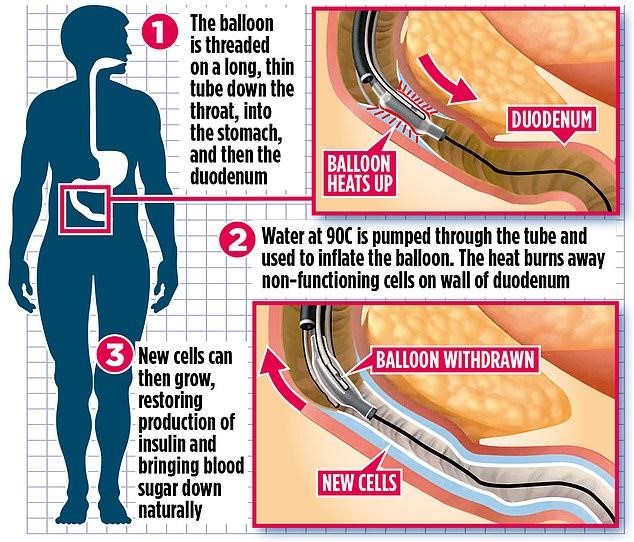Features of diabetes

Diabetes, also known as diabetes mellitus
Diabetes, commonly referred to as diabetes mellitus, is a condition of blood sugar metabolism that results in elevated blood sugar levels.
Insulin resistance or insulin insufficiency, or even both diseases simultaneously, can be the cause of this syndrome. The patient may also have a metabolic, lipid, or mineral condition in addition to blood sugar issues.
As a result of the body's inability to metabolize the sugar in foods containing starch in the case of diabetic patients, the sugar will put stress on other organs, leading to cardiovascular disease and more severe complications that can affect the nervous system, kidneys, eyes, etc.
What diabetes treatments are available?
The goal of restoring normal blood sugar levels is at the core of diabetes treatment. Therefore, diabetics must modify their lifestyle, diet, exercise, and rest in addition to taking medicine. The doctor will be the one to match the patient's unique qualities with the recommended course of treatment.
Use medicine

Use of medication in the treatment of diabetes
Utilizing medication is the first option for treating diabetes. Diabetics can take non-insulin medications like Thiazolidinedione and Metformin. These medications' characteristics will assist lower the level of glucose in the liver, which will improve insulin sensitivity in fat cells and lead to normal blood sugar levels.
Meglitinides will aid in boosting the body's secretion of insulin in the case of common insulin-secreting medications like sulfonylureas, releasing glucose and reducing blood sugar levels.
Diabetes can also be managed by diabetics using insulin itself. This drug will be taken on a regular basis by people with type 1 diabetes, in whom the body is no longer able to produce insulin. In particular situations, insulin can be used if a doctor prescribes it for type 2 diabetes.
Physical activity
Another supportive treatment for diabetes is physical activity. If you exercise as a diabetic, you can reduce your blood sugar and lose weight. Additionally, insulin sensitivity will increase in your body, which aids in maintaining appropriate blood sugar levels.
Nutrition
Diabetes diet is always closely related to the patient's medical care. Diabetes patients must limit high-sugar foods in order to manage their blood sugar levels. Additionally to the fiber-rich plant groupings, such as cereals, vegetables, pomegranates, and fruit, they will also supply the body of the ill person with a variety of vitamins and minerals.
The development of new diabetes treatments

Electric pulse treatment for diabetes. Illustration: Daily Mail
A mild-impulsive electrotherapy that affects the small intestinal mucosa to manage blood sugar levels was recently revealed at the Digestive Disease Week conference in Chicago (USA), as part of an effort to uncover novel treatments for diabetes.
Diabetic patients received pulse therapy with a short wavelength current that affects the mucous membrane of the small intestine as a test for a novel therapy. To direct the current to the desired location, the medical professionals will utilize an endoscopic tube that runs from the throat to the duodenum. Additionally, it's a really complicated technique that calls for a diabetic's work and experience.
The majority of nutrients are processed when the body receives them on the chosen small intestinal mucosa. Insulin resistance results from alterations in the mucous membrane cells brought on by high blood sugar levels. Small holes will be made in the duodenal cells by the electrical impulses, and these holes will give birth to new cells that will respond well to insulin and maintain blood sugar levels within the usual range in the young, healthy intestinal mucosa.
Following the aforementioned procedure, the patient will be prescribed a fluid diet for roughly a week to aid in the intestines' faster recovery. They will next be administered Semaglutide (Ozempic), a medication that aids the pancreas in releasing the proper quantity of insulin.
As a result, more than 80% of diabetics have been able to stop using insulin therapy, which is based on a healthy diet and regular exercise. A larger trial comparing treatments to a placebo is being conducted by the authors from the University of the Medical Center, University of Amsterdam (Netherlands), in light of this promising finding.
It is an honor for VIETSTAR BIOMEDICAL RESEARCH to be a research collaborator on the American ARCT-154 and the Japanese Shionogi Covid-19 vaccination programs. Please get in touch with us when you want to know more details about us and the projects that VIETSTAR BIOMEDICAL RESEARCH has successfully worked on.
VIETSTAR BIOMEDICAL RESEARCH
Office Address: Room 201, 2nd Floor, N01T1 Tower Office Building, Diplomatic Complex, Bac Tu Liem District, Hanoi, Vietnam
Tel/ Fax: + (84 4) 32 000 867 - Hotline: + 84 (0) 903 40 43 34, + 84 (0) 989 18 88 07
Email: contact@vietstar-research.com
Website: www.vietstar-research.com